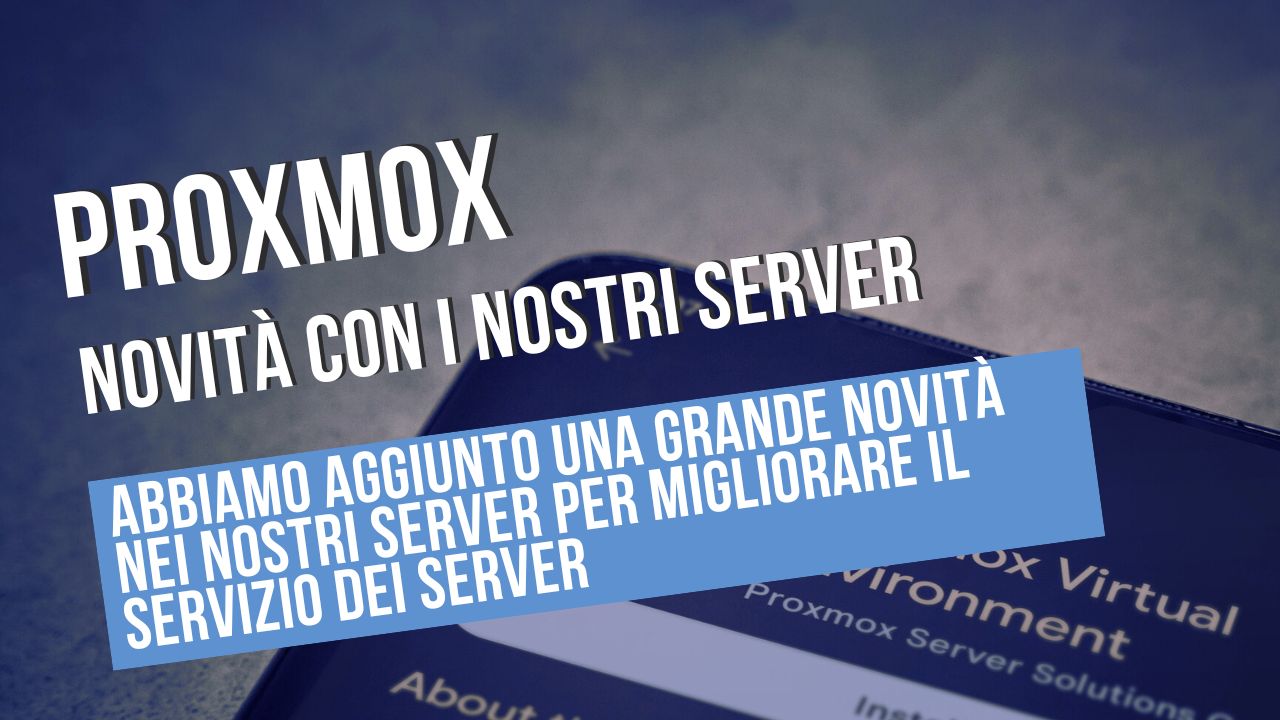Over the years, we have developed several websites, structuring them as marketplaces and using effective tools such as Woocommerce and the plugins YITH Multivendor and YITH Stripe Connect. This experience has given us an in-depth understanding of the dynamic world of online commerce. Today, we want to tell you about a new development that is shaking up this sector: the DAC7. This European legislation introduces new obligations for digital platforms, greatly affecting sellers and marketplace operators like us. Let's find out together what this revolutionary directive entails!
What is the DAC7?
La DAC7or the European Directive DAC7 (Legislative Decree 32 of 1 March 2023)represents a significant change in the regulation of online trade at European level. This legislation stems from the growing need to counter tax evasion in a sector that is expanding and evolving rapidly.
The core of the DAC7 is the imposition on the digital platform operators of a new obligation: they must now notify the Inland Revenue Service of income received by sellers or customers who are active on their platforms. This measure aims to ensure greater transparency in online transactions and facilitate tax control by the competent authorities. In short, the DAC7 is a crucial tool to ensure that all parties involved in digital commerce contribute fairly to the tax system.
To whom does it apply?
The scope of the DAC7 is broad and incisive: it applies to all digital platform operators who enter into a contractual relationship with sellers, providing them with a virtual space to sell products or services online.
This implies that not only e-commerce giants such as Amazon, eBay and Vinted fall into this category, but also a wide range of smaller, niche platforms. This includes, for instance, marketplaces specialising in specific items, platforms for booking accommodation, sites selling freelance services, and even mobile applications dedicated to the sale of second-hand goods.
Moreover, the DAC7 does not distinguish between large corporations and small independent operatorsEvery platform that facilitates commercial transactions online is obliged to comply with the provisions of this directive. This means that also websites developed by small companies or start-ups, which act as intermediaries in online trade, are subject to the same tax reporting requirements as the big players in the industry.
In summary, the DAC7 addresses a wide variety of digital operators, requiring them to take transparent and responsible measures in managing their online business activities, regardless of their size or volume of business.
What are the new obligations?
With the introduction of the DAC7, the digital platform operators are now required to take on crucial new responsibilities. A key aspect is the obligation to include in contracts with vendors a specific unilateral clause. This clause states that, in the event of failure to provide required tax information by sellers, operators have the right to proceed to the closure of the seller's account.
However, the DAC7 also provides thresholds for the applicability of this obligation. Platform operators are not obliged to collect and report data on sellers who make less than 30 transactions and/or whose revenues do not exceed 2,000 euro. This provision is designed to ease the administrative burden on small-scale vendors and platforms hosting small-scale businesses.
In essence, while the DAC7 aims to ensure transparency and correct tax declaration in online trade, it also takes into account smaller operations by providing them with a reasonable margin of exemption.
What data will have to be communicated?
The DAC7 establishes specific data collection requirements for both the sellers natural persons than for the legal entities.
For sellers who are natural persons, digital platforms must collect and communicate detailed information, including the first and last name, l'main address of the seller, the NIF (Tax Identification Number) if available, the VAT number, and the date of birth. This data is essential to ensure transparency and allow the tax authorities to clearly identify each individual seller.
For the legal entitiesInstead, the required information includes the company name of the company, its main address, the VAT number, and the activity registration number. This information serves to legally identify the business entity and to track the relevant business activities conducted through the platform.
In both cases, the accurate collection and reporting of this data is crucial to fulfil the obligations imposed by the DAC7, contributing to a safer and more transparent online trading environment.
Deadlines
Attention to all digital platform operators and online sellers! For the year 2023, there has been a significant change regarding the deadline for reporting data to theInternal Revenue Service. The deadline, initially planned for this year, was postponed to 31 January 2024. This extension of the deadline gives more time to comply with the new obligations imposed by DAC7, but it is crucial not to underestimate this deadline and to prepare in advance to avoid possible sanctions.
Beware of Penalties!
Do not take this legislation lightly! Penalties for failure to report vary from a minimum of EUR 3,000 to a maximum of EUR 31,500. Even for incomplete or inaccurate information, fines can be as high as EUR 10,500.
Conclusions
La DAC7 undoubtedly marks a turning point in the online tradeby introducing stricter obligations and rules for operators of digital platforms. This legislation not only aims to ensure greater transparency and tax fairness, but could also significantly influence the market strategies and day-to-day operations of online platforms and sellers.
It is clear that adapting to these new rules will require attention and a proactive approach. We hope that this article has given you a clear and useful overview of this important innovation in the world of digital commerce.
Do you have questions or concerns about DAC7 and its impact on your online business? Do not hesitate to contact us! You can open a ticket by sending an e-mail to support@gtechgroup.it. Our team is ready to provide you with all the information and assistance you need to successfully navigate these new and uncharted waters.
Stay connected with us for more news, updates and insights into the world of digital commerce!







